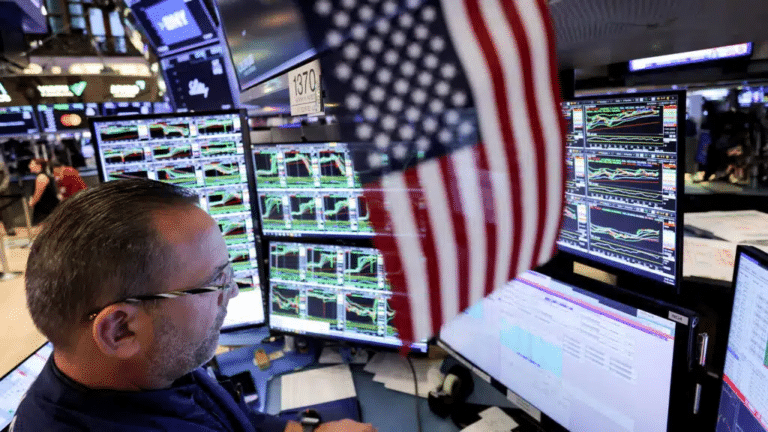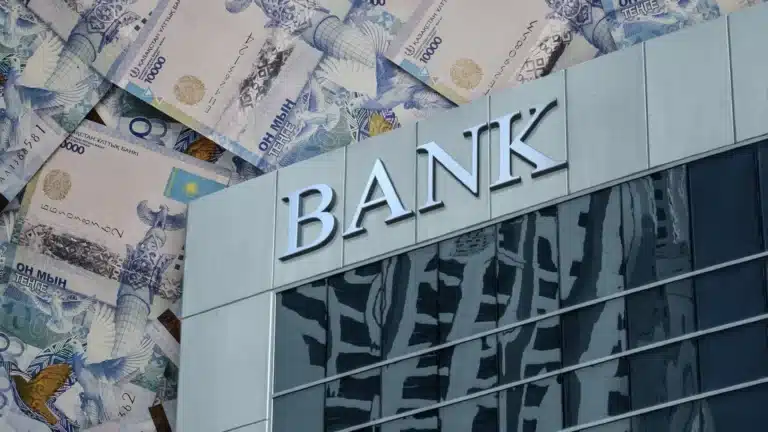
Small caps might not have much further to run in the postelection rally, as they are at risk from higher interest rates, warns Morgan Stanley’s chief U.S. equities strategist Mike Wilson. He recalls that after Donald Trump’s previous election win in 2016, their relative performance peaked in early December.
Details
Following Trump’s 2016 victory, small-cap stocks initially outperformed the broader market, noted MarketWatch. One might expect a similar trend to play out now, but Morgan Stanley’s Wilson cautions that today’s market conditions differ from those eight years ago, and investors should take notice.
In 2016, small-cap stocks were showing a positive correlation to interest rates, Wilson explains. But now, this area of the market is exhibiting a negative correlation (while rates are rising, returns are declining), and small caps are more rate-sensitive than before. Furthermore, in 2016, small caps’ relative performance peaked in early December, just a month after the election, Wilson notes.
Context
Trump’s win on November 5 has sparked a rally in stocks. Following the election, the S&P 500 and Dow Jones indexes notched their best week in a year. Investors have rushed into segments of the market they believe will benefit most from Republican policies, reports MarketWatch. Lower Fed rates, a pickup in economic activity, and prospects for a lighter regulatory environment under Trump are expected to boost quality cyclical stocks (shares of companies whose performance is heavily dependent on economic conditions), says Wilson.
Small caps were among the biggest gainers after Trump’s win last week. The main indexes that track the performance of small- and mid-cap stocks surged: the Russell 2000 approached its record close set in November 2021, while the S&P SmallCap 600 hit an all-time high.
Small caps outperformed their large-cap peers in the wake of each of the past three presidential elections, pointed out Jay Kaeppel, a senior research analyst at SentimentTrader, as cited by MarketWatch. However, should Trump’s policies trigger inflationary pressures, the Fed will be forced to hold interest rates higher for longer. This could limit the rotation into riskier assets, including small-cap stocks, notes Georgiy Timoshin, a financial analyst at Freedom Finance Global.













